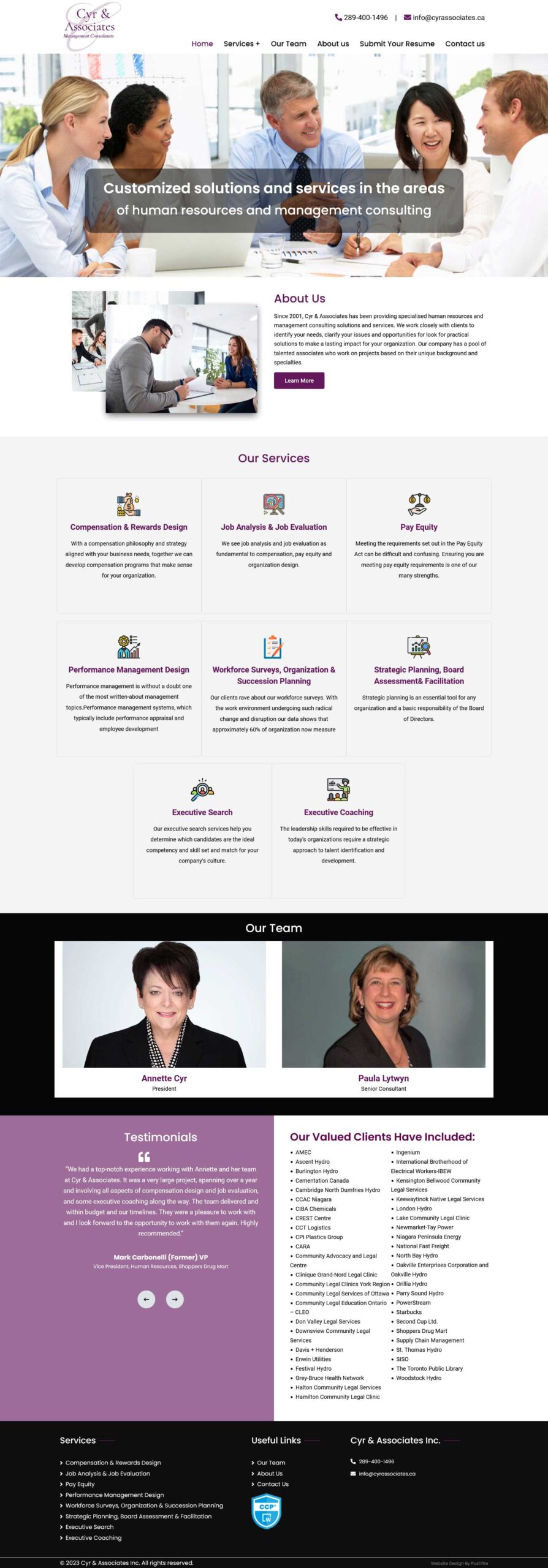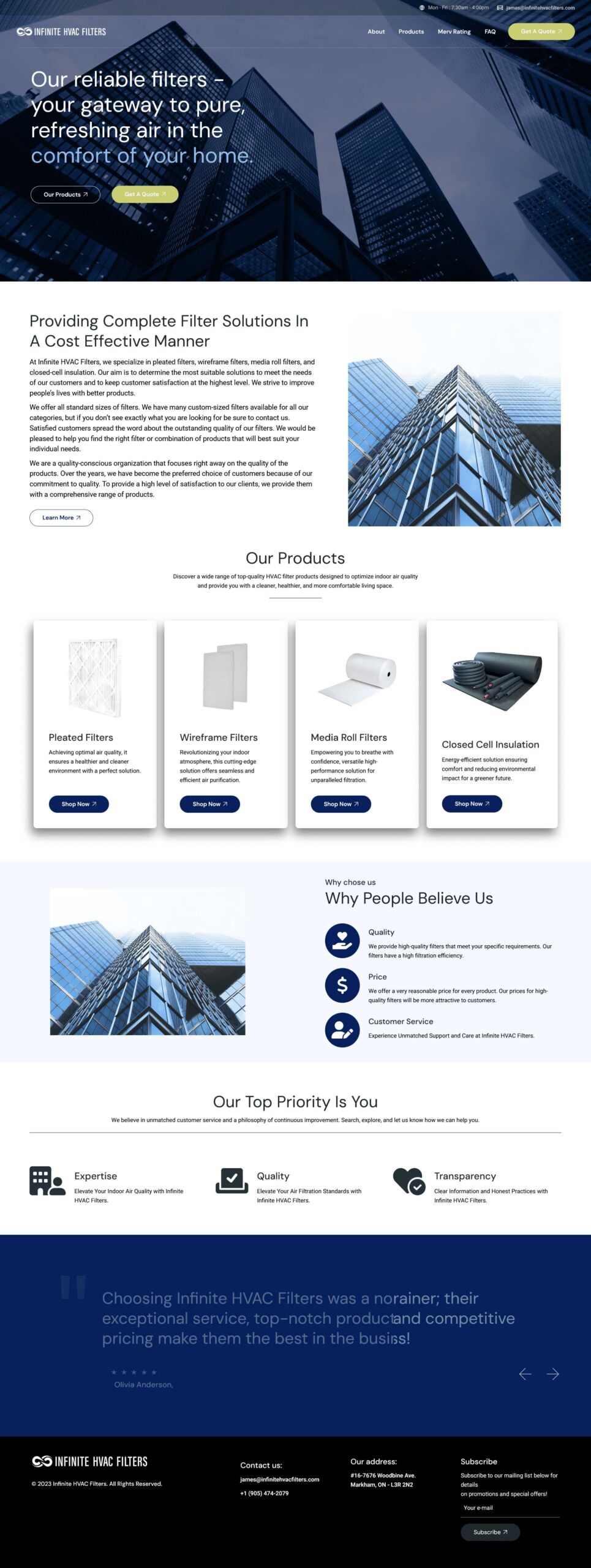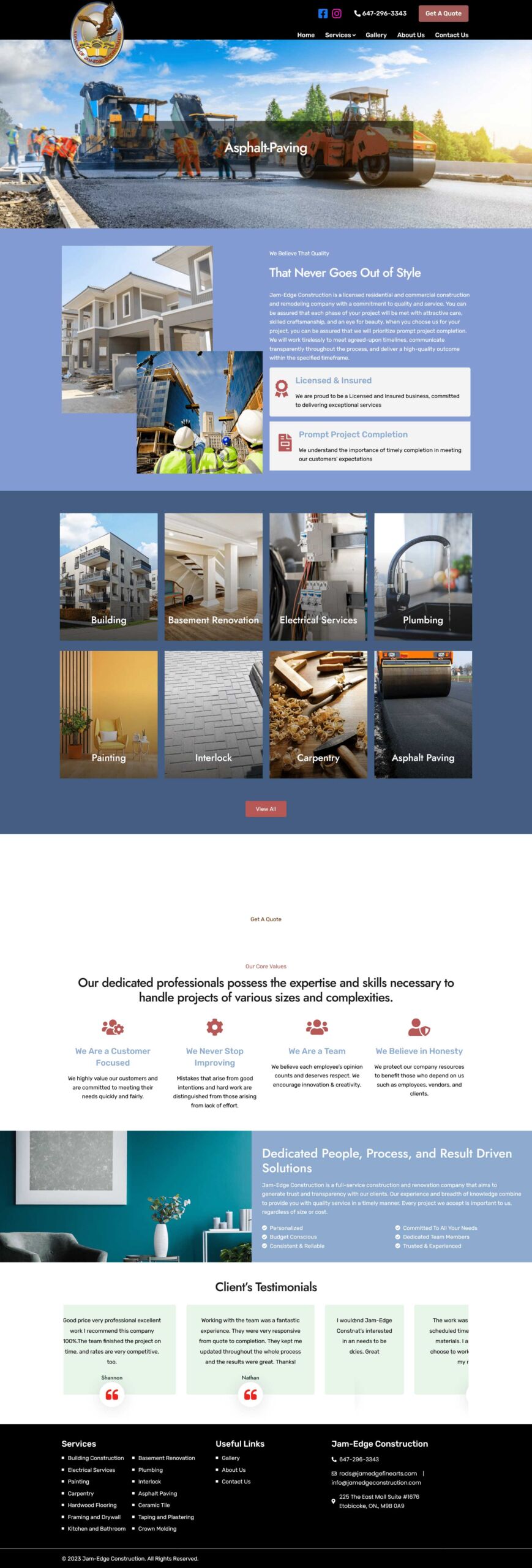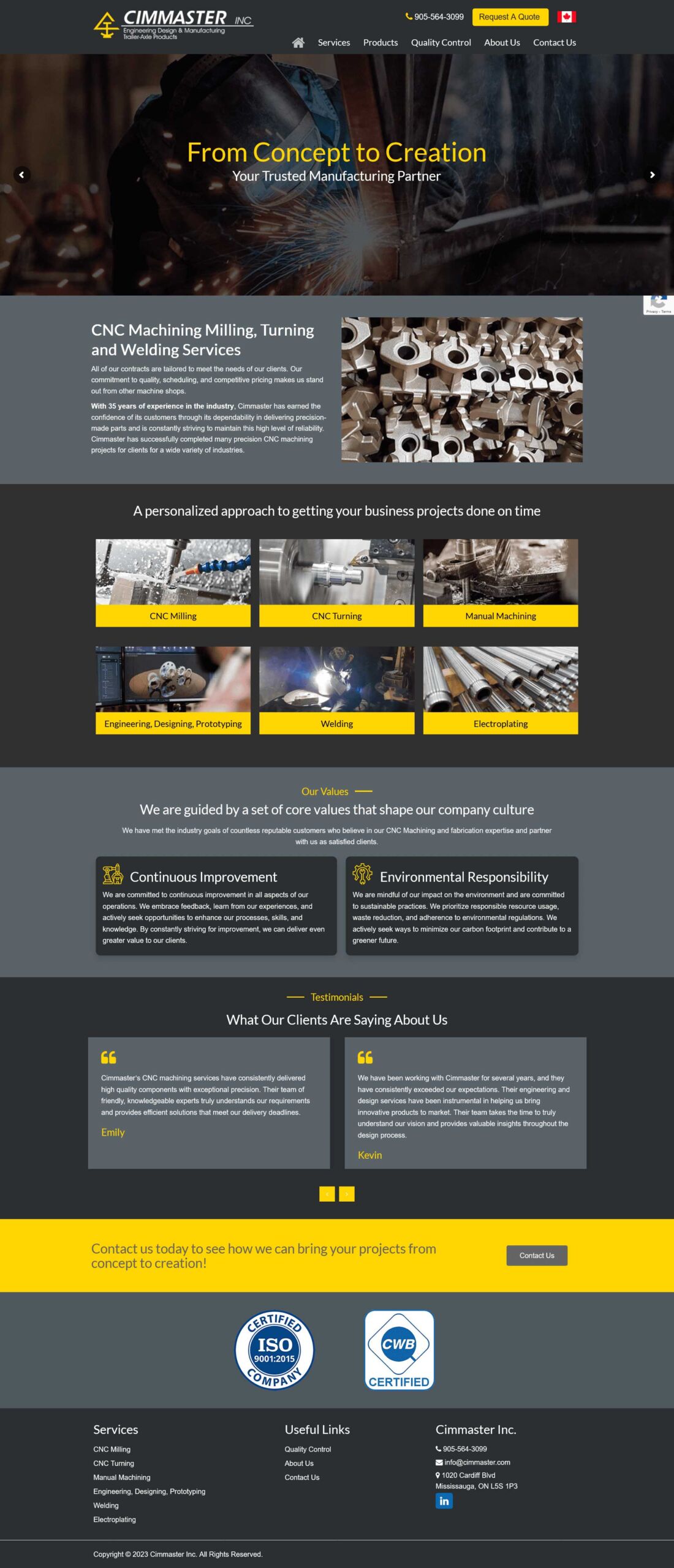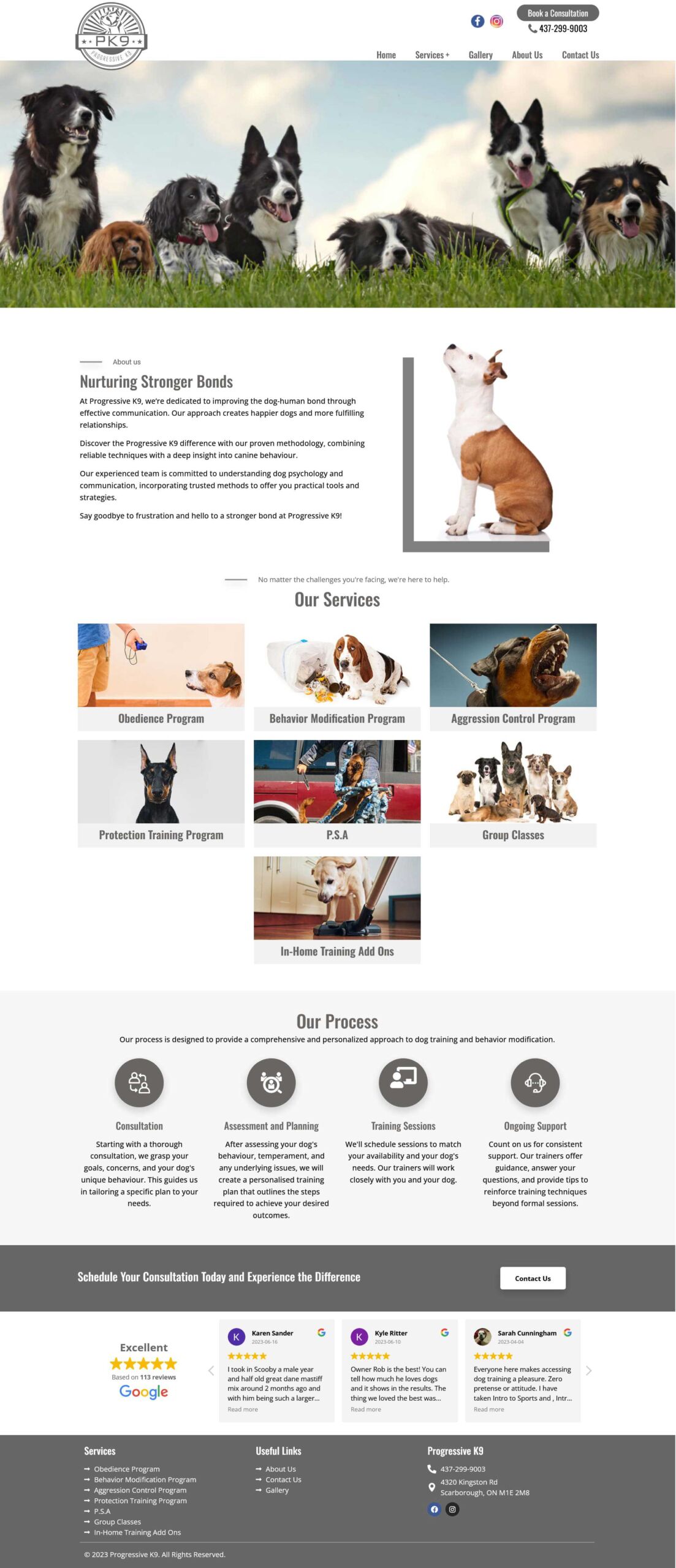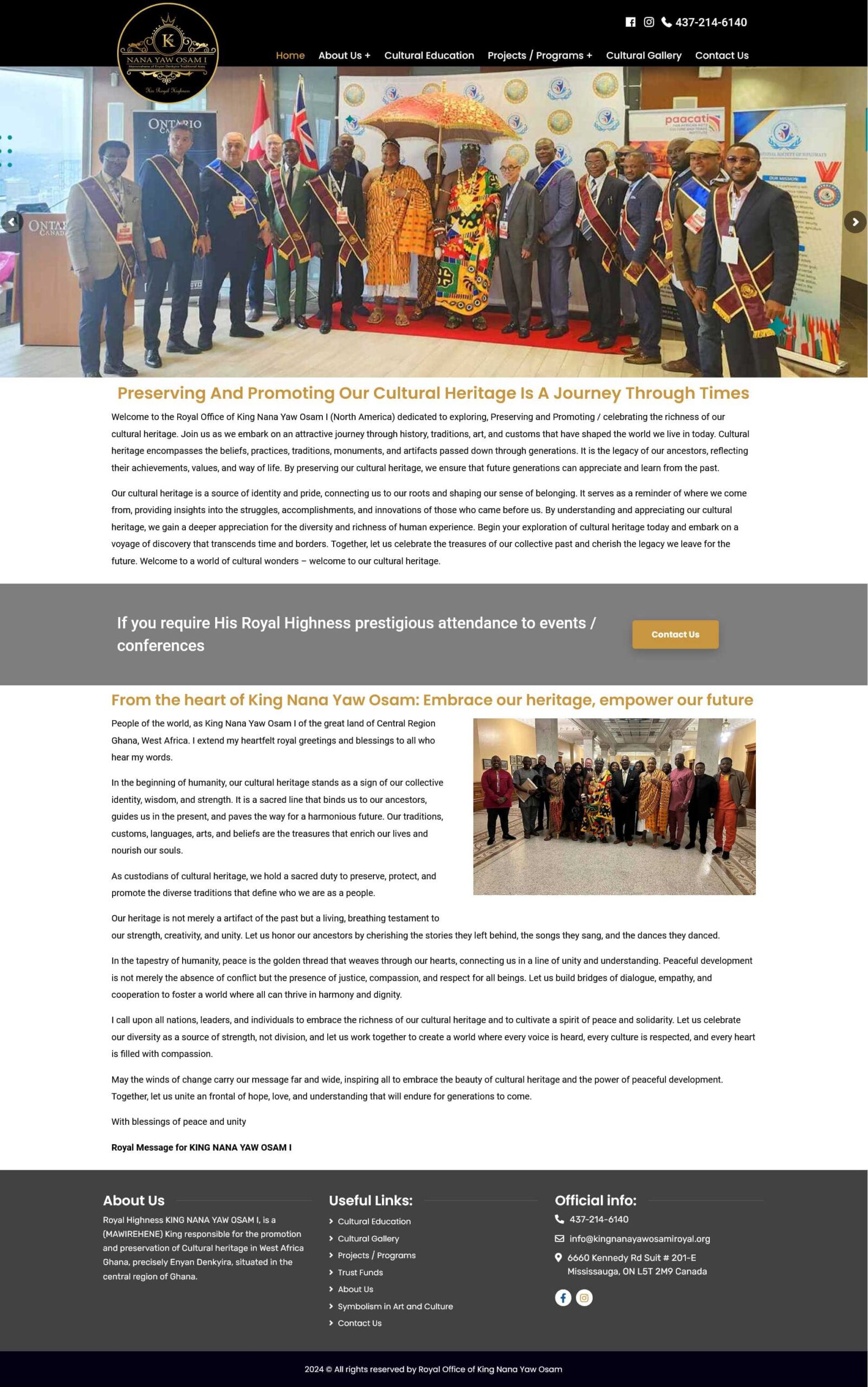SEO isn’t just about keywords and backlinks; there are no shortcuts to success—particularly if you’re operating on the wrong side of the law in a competitive world where the first page of search results is where the sun shines. Now, in 2025, artificial intelligence is even more of a focal point in Google’s ranking systems, and the SEO game has adapted accordingly.
Let’s take a look at how Google’s increasing reliance on AI is changing SEO strategies and what you need to do as a marketer to ensure you don’t fall behind.

The AI-Powered Core: Meet Google’s Search Generative Experience (SGE)
Now, the SGE (Search Generative Experience), driven by generative AI, is a significant factor in the way users engage with search results. Users no longer see links; they see AI-generated answers at the top of the SERP (search engine results page)—and quite often, they don’t need to click.
SEO Impact:
- Organic rankings are being pushed down more and more.
- Structured data, high-quality content, and schema are more critical than ever.
- Optimizing for discoverability in AI summaries is the next wave.
RankBrain + BERT + MUM = Smarter Contextual Understanding
Google’s trio of AI giants — RankBrain and BERT — work together seamlessly as an intertwined unit that extracts user intent, context, and, yes, even cross-language meaning. By 2025, Google will significantly enhance natural language search nuances and topic depth.
SEO Impact:
- Keyword stuffing is OUT — semantic search is IN.
- High-quality content has to prove topical authority.
- But content clusters and intent-based optimization is the new norm.
Helpful Content System 2.0
Google’s Useful Content Update, introduced in 2025, rewards content written for people, not just for search engines. It’s currently leveraging behavioral signals (scroll depth, engagement, bounce) along with language processing to identify beneficial content.
SEO Impact:
- First-hand experience and expert views are rewarded (see E-E-A-T).
- Hollow content (from AI or thin content) with nothing new or insightful gets de-ranked.
- Human-led storytelling, backed by data, performs best.
Personalized Search Results: AI Meets User Behavior
AI has enabled Google’s algorithms to deliver hyper-personalized search results based on real-time behavior, device usage, location, and even search history patterns.
SEO Impact:
- From user to user, rankings vary more widely.
- Content: To serve diverse user preferences, brands require content in various formats (video, FAQs, images, blog).
- CTRs are higher due to localization and intent tailoring.
Visual & Voice Search Optimization
With AI enhancing voice-to-text and image recognition accuracy, visual and voice searches will become less futuristic and more mainstream in 2025.
SEO Impact:
- Alt text, image SEO, and structured data for images are more important.
- Optimizing voice search involves prioritizing conversational keywords and utilizing an FAQ-style format.
- Featured snippets and “People Also Ask” are also crucial for voice answers.
AI-Driven Penalties & Spam Detection
AI has also been assisting Google in testing and taking a harder stand against spam, manipulation tactics, and other low-quality content on a large scale. Google’s AI is improving at identifying your “money” site through unnatural link-building, cloaking, and spun content.
SEO Impact:
- Manual link-building is riskier — natural, earned links and PR-style outreach are safer.
- Google’s AI can distinguish between real experts and those who use jargon.
- Good white-hat SEO is not nice to have; it is necessary.
Final Thoughts: Adapt or Be Outranked
- Deeper audience understanding
- Better content, more thoughtful, and more helpful.
- More convenient, intuitive cross-platform experience
Here at PushFire, we like to stay ahead of the game. Our staff is always experimenting, researching, and adapting to new AI-driven search trends, looking to Future-Proof Your SEO. Let’s talk.

